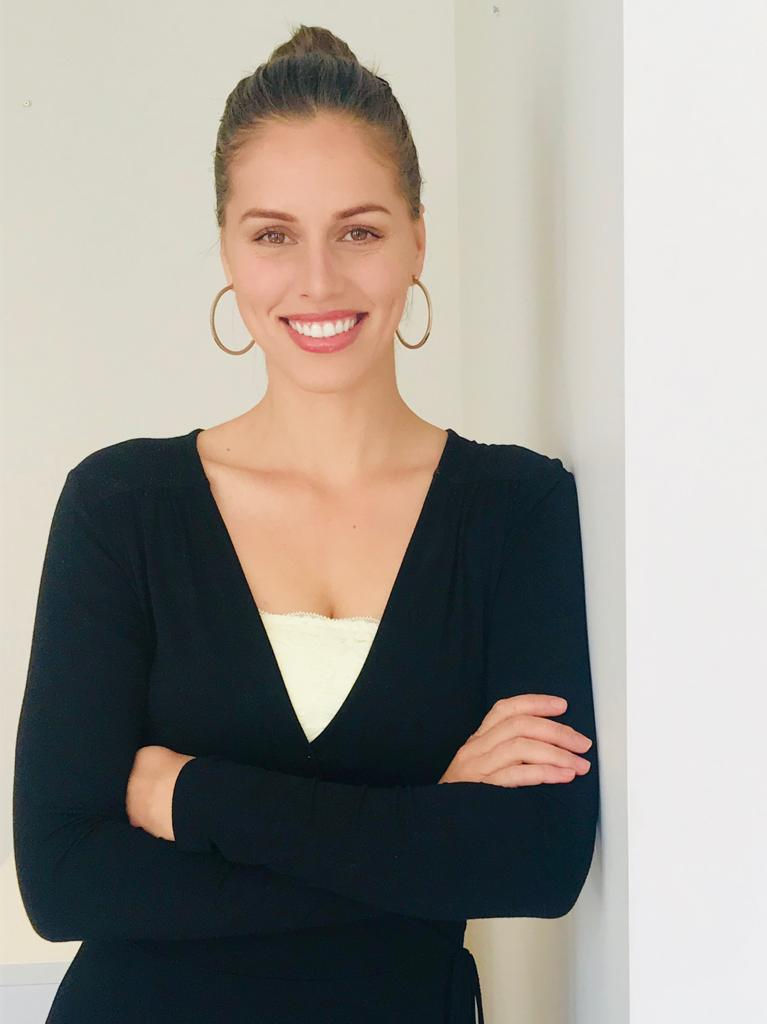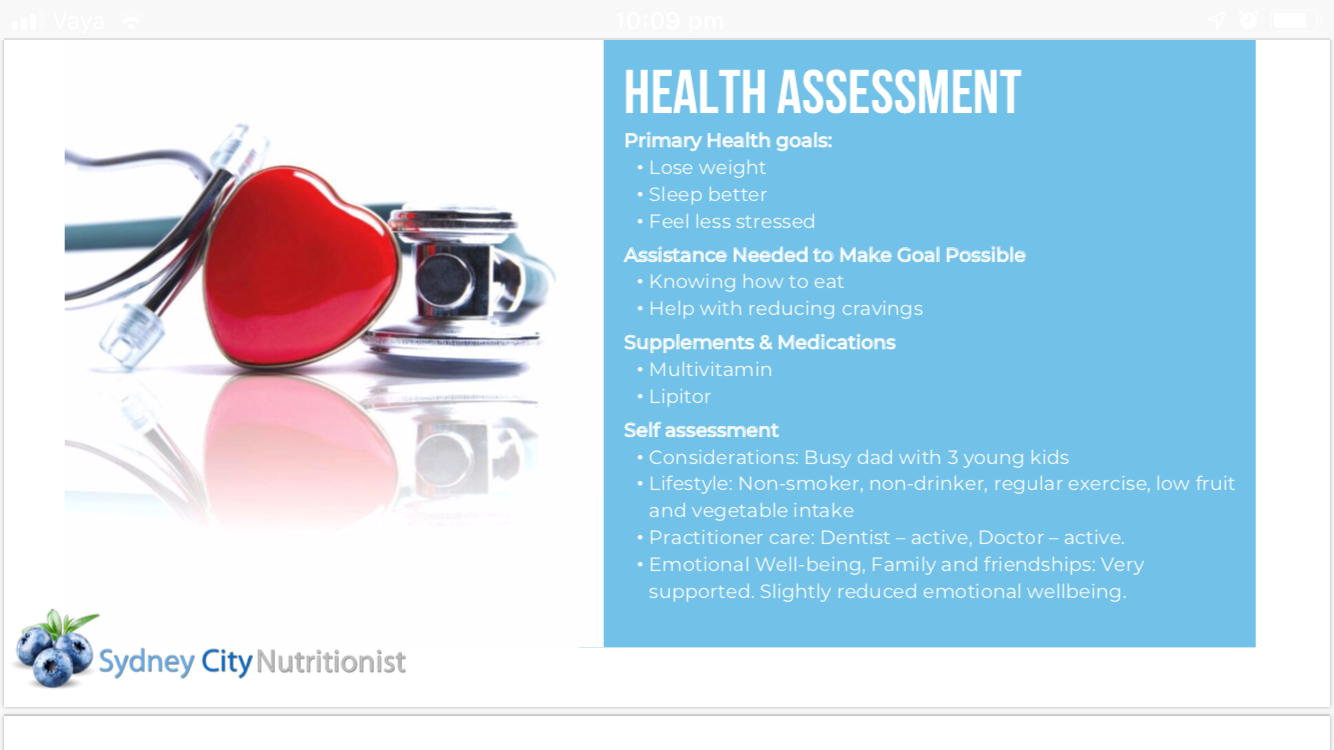How to Sleep Like a Baby - We Asked the Experts!
- Kelly-Anne Peters
- Jun 12, 2022
- 5 min read

Sleep is an essential part of recovery. It’s a time when we move from our ‘fight or flight response’ to our ‘rest and digest’ phase when our body goes through all the necessary processes to cleanse us of the activity of the day just gone and prepare us for the day ahead. Sleep helps us function better, improves our concentration and focus and also enhances our energy and feelings of vitality and confidence! It also allows us to make better food decisions (that aren’t driven by hunger), improving our longer term food habits and behaviours leading to more effortless corrections in our overall health! Go sleep!!
There are many business savvy gurus and even self-improvement gurus who will advocate that when you want something done but time is not on your side, cutting into your sleep is your only option and therefore it’s ok to do. Being a Nutritionist, I know it’s not necessarily the best option for my busy CBD clients who often have stressful jobs and children in the mix, not to mention the plethora of other health issues both of those bring to the equation. Sleep is sometimes the only time people ‘switch off’, stop working and put their phone down. I’m am constantly advocating the utilisation of what I call I call “light therapy” for my clients which is the simple act of being outside in the sun (sunglasses off!) to allow their eyes to absorb the light that appears at certain times of the day. The best times to simply be outside are sunrise, roughly midday and sunset so our brain receives the signals that when it’s dark outside it’s time for bed.
Our internal clock is an essential component for restorative, quality rest. Our external environment however also plays a huge role!
What the Sleep Expert Says

To help us understand this a little better, I’ve recruited a good friend of mine Sleep Specialist (and Health Coach) Olivia Arezzolo to outline how to create what she refers to as a Sleep Sanctuary. You can read more about Olivia, including her professional qualifications and how to book a consultation with her at https://oliviaarezzolo.com.au/bio
Your bedroom space can literally make or break your sleep - and to take the guess work out for you, i’m going to tell you exactly what I recommend to my clients and what I personally use.
Designed to promote relaxation, reduce stimulation and facilitate the best sleep of your life, here’s what you need.
A cool environment. Melatonin, the hormone to make you sleepy, is synthesised (made) when the body experiences a drop in core body temperature - a natural occurrence in the evening due to your 24 hour circadian rhythm, as pinpointed in Journal of Physiological Anthropology. Keeping your environment cool - between 18-21 degrees is ideal. This can be via a fan, a breeze or air con.
A comfortable bed. Finding the balance between postural support and comfort is critical - the right mattress will keep your spine aligned, contour to the body and accommodate if you are a side or back sleeper. If you’re not sure, go into a bedding store and test a mattress for 13 minutes (yes, 13!) - studies by my partner Sealy Posturepedic have shown this is how long you need to determine if it’s the one for you.
Smart bedding. Especially in summer, even with a temperature controlled environment, if you’ve got bedding which promotes heat, you’re really limiting your capacity to get restorative rest. I personally use Shleep - innovative bedding which helps remove moisture from any evening sweating (from sleep or… anything else ;). Translated, you wake up feeling more rejuvenated because you’ve stayed in deep sleep, rather than waking up from tossing and turning.
PJ’s you love. Feel like a goddess with silky smooth pj’s - wearing something you adore creates a positive association with sleep itself, enhancing your likelihood of getting into bed in the first place. We all know how excited we are to workout when we have a new set from Lorna Janes compared to our old training gear from Kmart - sleepwear is exactly the same. I have recently been wearing Homebodii’s range, because it’s silky it doesn’t stick to the skin and this is perfect for warm nights.
A calming scent. Given that lavender biologically calms the body and brain, i highly encourage burning lavender oil in the eve. Research in Evidence Based Complimentary Alternative Medicine pinpoints lavender activates the parasympathetic nervous system, reducing stress hormone cortisol. In doing so, this means you’re calmer and your brain is more likely to switch off.
Support your best sleep tonight and your best energy tomorrow with the tools above - just like new trainers when you’ve started a new exercise routine, having the right elements in your bedroom will facilitate optimal sleep. For more tips, make sure you’re following me on instagram - I give daily #sleeptips in my stories and posts.
What the Nutrition Expert Says

I love how Olivia shared the temperature aspect because this overlaps with a lot of conditions I see in my patients. In both hyperthyroidism and peri-menopause to name a few, the heat the body creates can be quite extreme and feel impossible to control. Sleep can really suffer which is such a shame because it can be so healing and restorative and often what would help these indivdiuals to cope in the first place. However, the opposite can also be said – having poor temperature control, therefore poor sleep and poor recovery can lead to many conditions (these included) over time.
Let’s not forget the power of food to help us along. I have 2 tips that are my best kept secrets for anyone who finds it hard to fall asleep. These are:
Switch breakfast and dinner. Let me explain! We often gravitate toward to a carb-filled breakfast like porridge, toast or even fruit salad in Australia. Those foods are high in certain nutrients and spike insulin - which can be used in your favour if you time it right. If you’re a carby breakfast eater, time your post-breakfast slump a little better by moving that meal to dinner time. That way when you get sleepy you’ll actually be allowed to sleep vs. being expected to be lively and awake mid-morning.
Eat various types of protein. This includes vegans and vegetarians. Each source of protein; flesh or plant has a unique amino acid profile. We want to try and get a bit of all the amino acids – especially tryptophan which is particularly helpful for inducing sleep. Up your intake of turkey, oats, meat, eggs, nuts and seeds.
To read more about Dee, including her professional qualifications and philosophy, click here or you can book an appointment with Dee by clicking Book Now.
Enjoy your best sleep yet!





Comments